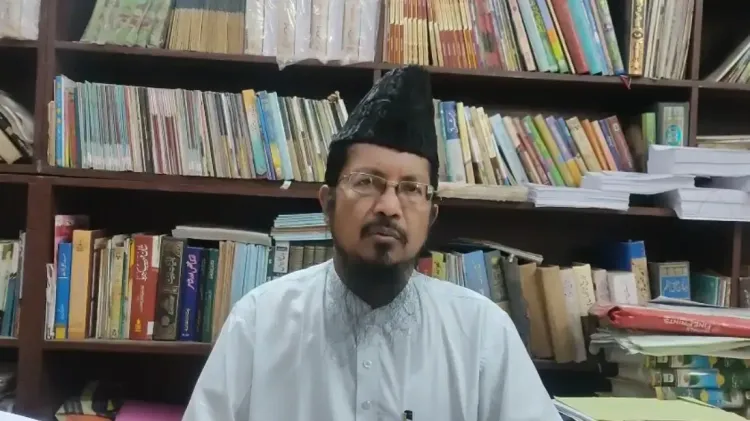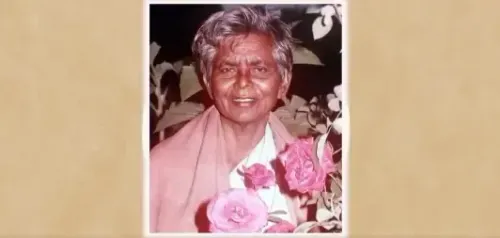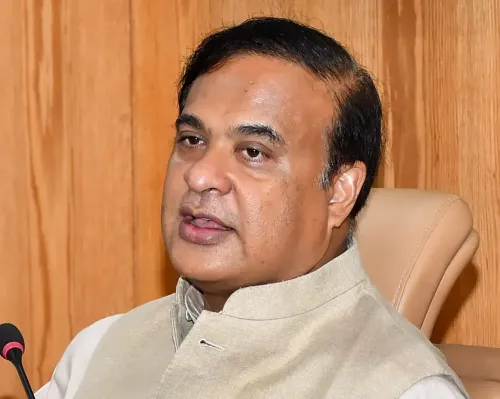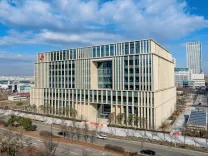All India Muslim Jamaat President Calls Recent Demolition of Madrasas an Injustice to Minorities

Synopsis
Key Takeaways
- Maulana Shahabuddin Razvi Bareilvi condemns madrasa demolitions.
- Demolitions occur in Madhya Pradesh and Uttarakhand.
- Waqf Amendment Act has sparked significant controversy.
- Criticism from various Muslim organizations and opposition parties.
- Protests in West Bengal lead to violence and arrests.
Bareilly, April 14 (NationPress) The President of All India Muslim Jamaat, Maulana Shahabuddin Razvi Bareilvi, expressed his strong disapproval on Monday regarding the recent demolition and sealing of madrasas in Madhya Pradesh and Uttarakhand, which occurred under the newly enacted Waqf (Amendment) Act.
He labeled these actions as a breach of justice and an assault on the rights of minority groups.
In response to these events, Maulana Shahabuddin Razvi Bareilvi stated: "In the Panna district of Madhya Pradesh, a madrasa that has stood for 30 years was completely demolished by bulldozers. Likewise, the government of Uttarakhand has sealed and shut down numerous madrasas in Haldwani."
He criticized the administrations of both states, calling on them to honor the constitutional rights of religious and educational institutions.
“The Constitution grants every citizen the freedom to establish and manage educational institutions. When such rights are constitutionally granted, the government lacks the authority to demolish or seal madrasas. This constitutes an outright injustice that adversely affects minority interests. Such actions undermine community trust and exert unnecessary pressure on them," he further commented.
The Waqf Act officially took effect on April 8, after receiving Presidential assent on April 5. The law, which was passed in Parliament amidst heated discussions, has been justified by the ruling NDA as a step towards enhancing transparency and empowering marginalized segments of the Muslim community, particularly women.
Nonetheless, the Act has faced significant backlash from various Muslim organizations, including the All India Muslim Personal Law Board (AIMPLB), and opposition parties. Many have contested it in the Supreme Court, deeming it discriminatory and unconstitutional.
Simultaneously, tensions have risen in other regions of the country. In Murshidabad district of West Bengal, violent demonstrations erupted a day prior in protest against the Waqf law, resulting in three fatalities and over 200 arrests. In reaction, the Calcutta High Court has mandated the swift deployment of Central Armed Police Forces (CAPF) to restore order in the area.
The destruction of madrasas and the unrest in Murshidabad highlight the growing rift surrounding the Waqf Amendment Act.










